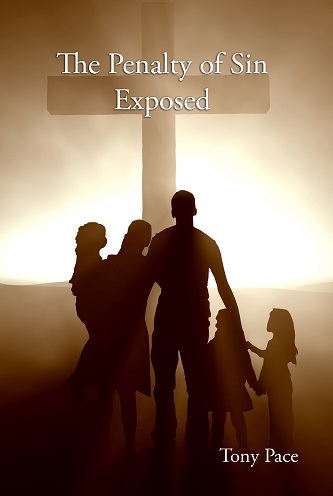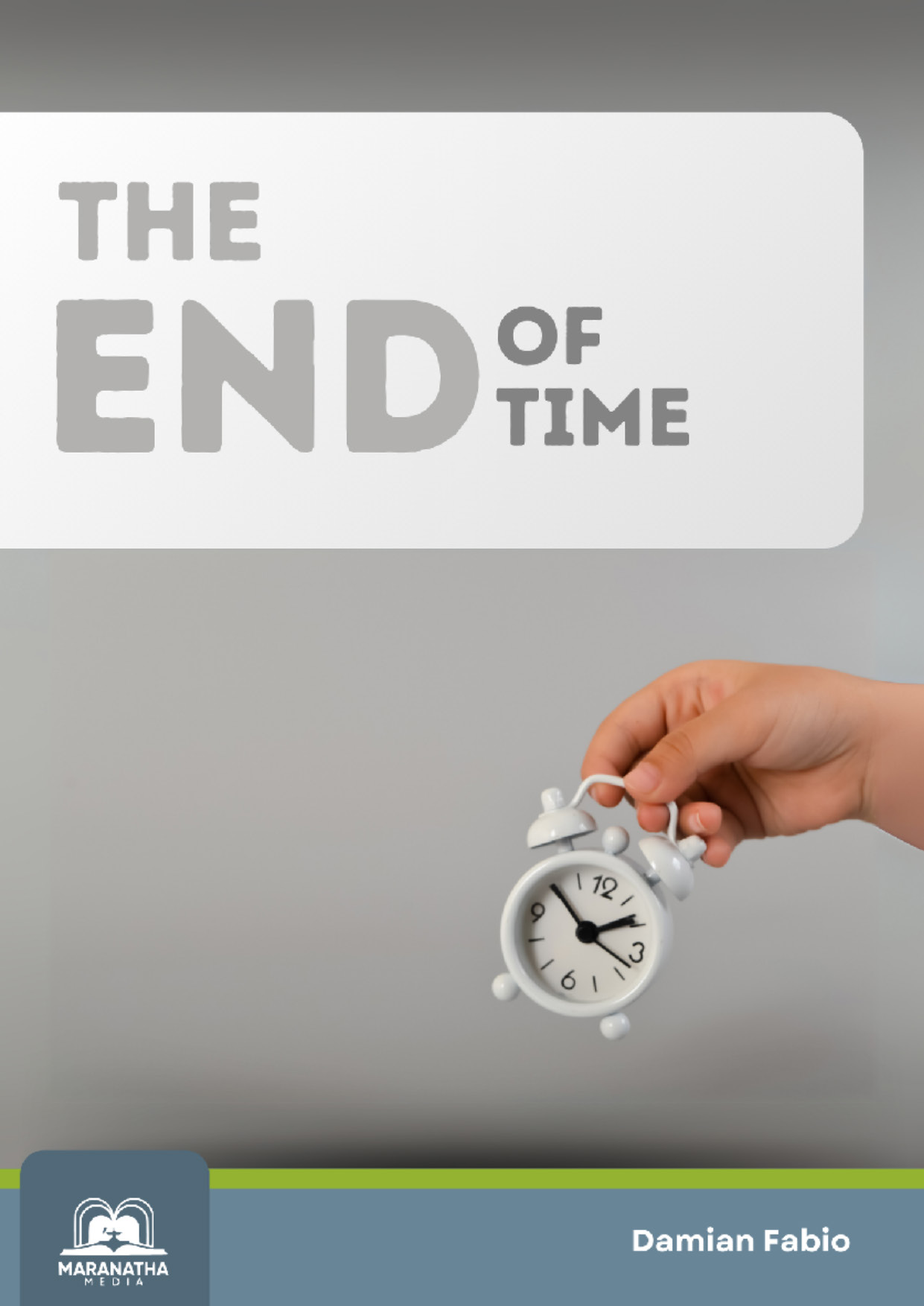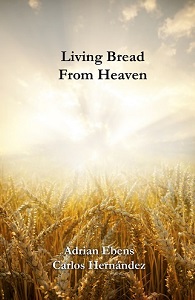"...It was His human nature that died. Deity did not sink and die..."
It is truly ironic, and even strange that many SDA's don't believe the Son of God ever died. The reason many believe such, stems NOT from biblical revelation, or misinterpretation. The reason many believe this way is the direct result from misinterpreting the following Ellen white quotation copied from John Harris. It should be helpful for the candid reader to interpret EGW's quotation within the context of the overall presentation by Harris.
EGW
Was the human nature of the Son of Mary changed into the divine nature of the Son of God? No; the two natures were mysteriously blended in one person—the man Christ Jesus. In Him dwelt all the fullness of the Godhead bodily. When Christ was crucified, it was His human nature that died. Deity did not sink and die; that would have been impossible. Christ, the sinless One, will save every son and daughter of Adam who accepts the salvation proffered them, consenting to become the children of God. The Saviour has purchased the fallen race with His own blood. This is a great mystery, a mystery that will not be fully, completely understood in all its greatness until the translation of the redeemed shall take place. (Letter 280, 1904; also found here).
John Harris
Was the divine nature in the person of Christ, transformed into the human nature of the son of Mary? And was the human nature of the son of Mary changed into the divine nature? No—but the two were mysteriously united, so as to become one person. The man Christ Jesus,' was not ' the Lord from heaven;' but, 'in him dwelt all the fulness of the Godhead bodily.' The Deity did not suffer and sink under, the agonies of Calvary, and yet in the person of Jesus God there purchased the church with his own blood. A great mystery, but no absurdity.
EGW
“I am the resurrection, and the life.” This language can be used only by the Deity. All created things live by the will and power of God. They are dependent recipients of the life of the Son of God. However able and talented, however large their capabilities, they are replenished with life from the Source of all life. Only He who alone hath immortality, dwelling in light and life, could say, “I have power to lay down my life, and I have power to take it again.” All the human beings in our world take their life from Him. He is the spring, the fountain of life (MS 131, 1897).
John Harris
He declared that 'he has life in himself, so that he can quicken whom he will.' ' I,' said he, 'am the resurrection and the life,' 'I am the life.' This is language appropriate to the Deity alone: for life properly speaking, inhabits none besides. Life in him is essence; but of the highest created beings it can only be said that they live, that they are the offspring, the dependent recipients of his essence. However large their capacities, and replenished with life, still they are infinitely nearer to nothing, than to absolute and essential life. So that he 'who only hath immortality,' though he hath surrounded himself with an universe of life, still retains to himself the prerogative of swearing, As I live; and of announcing, I am; and, I am life; he only hath immortality in its' fullness and essence; and all the oceans of vitality circulating through the universe take their rise in him, 'with whom is the fountain of life,'... (The great teacher: characteristics of Our Lord's ministry, by John Harris, 1836)
EGW
As the disciples comprehended it, as their perception took hold of God’s divine compassion, they realized that there is a sense in which the sufferings of the Son were the sufferings of the Father. From eternity there was a complete unity between the Father and the Son. They were two, yet little short of being identical; two in individuality, yet one in spirit, and heart, and character. (The Youth’s Instructor, December 16, 1897)
John Harris
And how does it enhance our conceptions of the divine compassion when we reflect that there is a sense in which the sufferings of Christ were the sufferings of the Father also. From eternity, their divine subsistence in the unity of the Godhead had been only short of indentity; nor could the circumstance of the Savior's humiliation in the slightest degree relax the bonds of this mutual in-being; while walking the earth in the form of a servant, he could still affirm, ' My Father is in me, and I in him .... I and my father are one.' (The Great Teacher, p. 98)
EGW
Enfeebled and defective as it may appear, the church is the one object upon which God bestows in a special sense His supreme regard. ( Acts of the Apostles, p. 12.)
John Harris
But the church of Christ, enfeebled and defective as it may be, is that only object on earth, on which he bestows his supreme regard. (The Great Teacher, p. 217)
Further reading:
The sufferings of Christ, confined to His human nature: a reply to a book ...By Bennet Tyler
http://books.google.com/books?id=BKUMAAAAIAAJ&pg=PA112&dq="Was+the+human+nature+of+the+Son+of+Mary+changed"&hl=en&ei=or_WTOP-JIS0lQfa59CACQ&sa=X&oi=book_result&ct=result&resnum=1&sqi=2&ved=0CCgQ6AEwAA#v=onepage&q="Was the human nature of the Son of Mary changed"&f=false
A Scriptural defence of the doctrine of the trinity: or a check to modern ...By Hiram Mattison
http://books.google.com/books?id=RYINAAAAQAAJ&pg=PA411&dq="Divinity+did+not+die"+Humanity+died,&hl=en&ei=Z8XWTPqXEYWglAfnv9WBCQ&sa=X&oi=book_result&ct=result&resnum=1&sqi=2&ved=0CCkQ6AEwAA#v=onepage&q&f=false
A companion to the temple; or, A help to devotion in the use of the Common ...By Thomas Comber
http://books.google.com/books?id=RYINAAAAQAAJ&pg=PA411&dq="Divinity+did+not+die"+Humanity+died,&hl=en&ei=Z8XWTPqXEYWglAfnv9WBCQ&sa=X&oi=book_result&ct=result&resnum=1&sqi=2&ved=0CCkQ6AEwAA#v=onepage&q&f=false
Lectures on theology, Volume 1, By John Dick, Andrew Coventry Dick
http://books.google.com/books?id=-20PAAAAIAAJ&pg=PA340&dq="deity+did+not+die"&hl=en&ei=h8bWTJO9CYL98AaCsNCyCw&sa=X&oi=book_result&ct=result&resnum=1&sqi=2&ved=0CCUQ6AEwAA#v=onepage&q="deity did not die"&f=false




